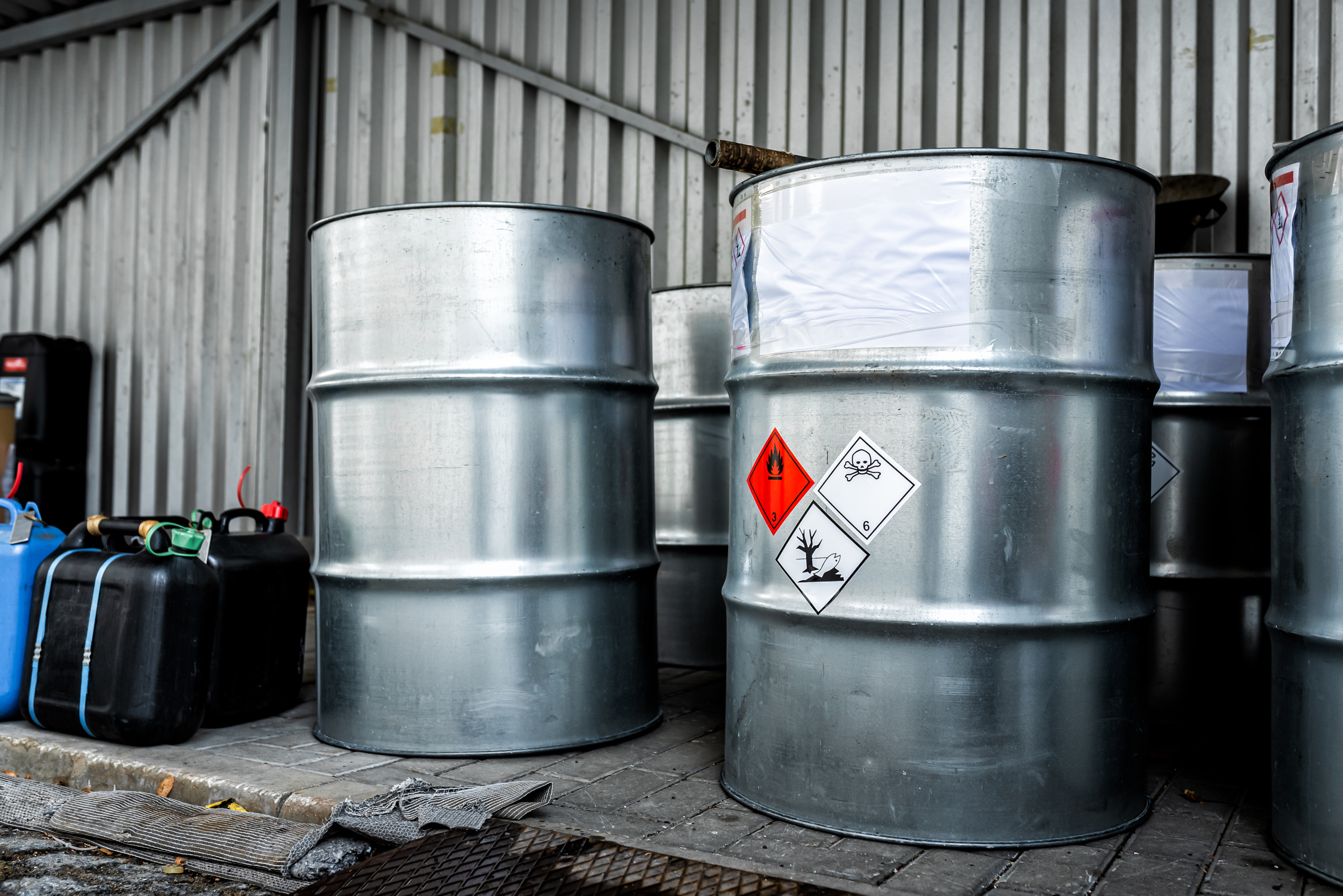In today’s industrial sectors, managing waste efficiently is an environmental duty and a critical operational requirement.
Industrial waste management software has emerged as a vital tool, transforming how waste management businesses handle industrial waste.
This article explores the essential features of this software and how it revolutionizes waste management processes.
The Need for Industrial Waste Management Software
Industries face numerous challenges in managing waste, from ensuring proper disposal to compliance with stringent regulations. Poor waste management can lead to significant environmental damage and hefty fines.
Moreover, inefficiencies in waste handling can result in high operational costs and public relations challenges.
Waste management software serves as a powerful solution to these problems, enabling businesses to manage their waste more efficiently and sustainably.
By leveraging waste management software, companies can significantly improve their environmental performance, ensuring compliance with industry standards and contributing to their sustainability goals.

Core Features of Industrial Waste Management Software
Real-time Monitoring and Analytics
One of the standout features of waste management software is its ability to monitor waste streams in real-time. This capability allows companies to track waste generation, storage, transportation, and disposal continuously.
Access to real-time data helps make informed decisions that optimize waste-handling operations and reduce costs.
Additionally, integrating asset tracking is an integral part of monitoring waste streams and managing industrial waste efficiently, ensuring equipment tracking works hand in hand with other features like billing & invoicing, customer database, GPS, routing, scheduling, and waste disposal.
Compliance Management
Navigating the complex landscape of waste and environmental management regulations is a daunting task for any industry.
Waste management software simplifies this process by helping businesses stay compliant with local, national, and international standards.
The software updates regularly to reflect changes in regulations, ensuring that businesses avoid legal penalties and reputational damage.

Waste Minimization and Recycling Optimization
Minimizing waste generation and maximizing recycling are key features of the best waste management software.
These tools analyze waste generation patterns and identify opportunities to reduce waste at the source.
Additionally, the software optimizes recycling processes by suggesting the most efficient methods and timings for recycling activities.
It also facilitates collaboration with recycling companies, enhancing the planning and execution of recycling operations to further optimize the recycling process.
Inventory and Logistics Management
Integrating waste management with inventory management and logistics operations is crucial for efficient workflows.
Waste management software automates the scheduling of waste collection and transportation, ensuring that waste is handled at the optimal time and in the most efficient manner.
Job scheduling and route optimization are key features that contribute to the efficiency of waste collection and transportation, fully automating service workflows and enhancing operational efficiency.
This integration helps reduce costs and improve the overall efficiency of waste management systems.
Safety and Risk Management
Handling industrial waste, especially hazardous materials, poses significant health and safety risks.
Industrial waste management software includes features that help mitigate these risks through rigorous tracking, emergency response planning, and accident prevention protocols.
Ensuring worker safety and reducing the risk of environmental contamination are paramount for any industry.

Choosing the Right Software
Selecting the right industrial waste management software requires careful consideration of several factors including the specific needs of the industry, the scalability of the solution, and the ease of integration with existing systems.
It is crucial to choose software that not only fits the current needs but also can adapt to future changes in waste management practices.
Additionally, selecting the right operations software is essential for managing operations automation, route optimization, billing, landfills, and streamlining the management of regulated waste for waste generators, service providers, and treatment facilities, ensuring optimal operational efficiency.
Conclusion
Industrial waste management software is transforming the landscape of waste handling by providing innovative tools that enhance efficiency, ensure compliance, and promote environmental sustainability.
As technology advances, the capabilities of this software continue to expand, offering even more promising solutions to waste management challenges.
BOOK A DEMO
Looking to streamline operations and achieve regulatory compliance?
Book your FREE demo today, no strings attached.

